Nickel is an incredibly common alloying element since it is both highly versatile and able to alloy with almost any metal. As a whole, nickel-based alloys offer heat-resistance as well as high corrosion-resistance against a broad spectrum of corrosive media such as chemical, alkalis, petroleum and seawater. Read More…
We will meet your nickel alloy needs with bar, strip or wire forms. Our ISO 9001-registered company would like to be your nickel supplier for nickel alloys — copper nickel, nickel copper, nickel chromium, nickel manganese, soft magnetic nickel iron. Round up to 15"; flat roll thin as .0002".

As a manufacturer of stainless steel and nickel alloy products, Best Stainless & Alloys offers stainless steel and nickel alloy bar, plate, and pipe. We are a leader in the distribution of pump shaft quality material. Other services that we offer are grinding, forging, castings, plasma cutting, heat treating and boring.

Cobalt and nickel alloys are manufactured here. Through our many service centers, we can supply you with nickel plate, nickel bar, forging stock, fittings, flanges, tubing and wire. When your application is in a severely corrosive or high-temperature atmosphere, we are the nickel supplier for you.

Since 1952, the Welding Warehouse has been manufacturing and distributing a variety of stainless steel products as well as titanium, aluminum, nickel, low alloy steel, magnesium, silver alloy and copper base alloy products. We also offer precision wire processing. In addition, we meet aerospace material specifications.

More Nickel Alloy Suppliers
Some common elements that nickel is alloyed with to form nickel alloys included iron, copper, chromium, manganese, carbon and silicon. As a result of the wide range of elements that nickel is able to alloy to, there is a correspondingly vast number of industries that nickel alloys are utilized in including: medical, used in eye-glass frames, hypodermic tubing, surgical sutures and more; power generation, for use in steam turbine power plants, nuclear power plants and varied other applications; military, used in weapons, vehicles and identification tags; industrial manufacturing, for use in corrosive material handling and various machinery such as direct current (dc) motors or generators; marine, for shipping vessels, off-shore oil rigs and small parts such as springs or fasteners; and aerospace, for use in gas turbines, jet engines and components such as piping and shims.
There are a vast number of nickel alloys, which are often categorized in terms of their second most prominent element, the characteristics they display, or the uses they are being put to. For instance, a nickel alloy with the composition of 55% nickel and 45% titanium is referred to as Nitinol, also called a nickel-titanium alloy, or a shape memory alloy.
Another example is a nickel alloy with a composition of 80% nickel and 20% chromium, called Nichrome, also called a nickel-chromium alloy, or an electrical resistance alloy. Some other popular types of nickel alloys include Hastelloy, Cupronickel, Monel, Inconel, German silver and Alumel.
The many nickel alloys are typically broken down into four main types in regards to their characteristics: low-expansion alloys, which include nickel alloys that are specifically engineered to have low thermal expansion; electrical resistance alloys, which are nickel alloys with a high nickel content; soft magnetic alloys, which are nickel alloys with high magnetic permeability and low saturation induction; and shape memory alloys, which are nickel alloys that are capable of returning to their prior shape upon undergoing the appropriate heating schedule.
Electrical resistance alloys include two sub-categories: resistance alloys and heating alloys, which contain silicone and possibly niobium in addition to nickel and chromium.




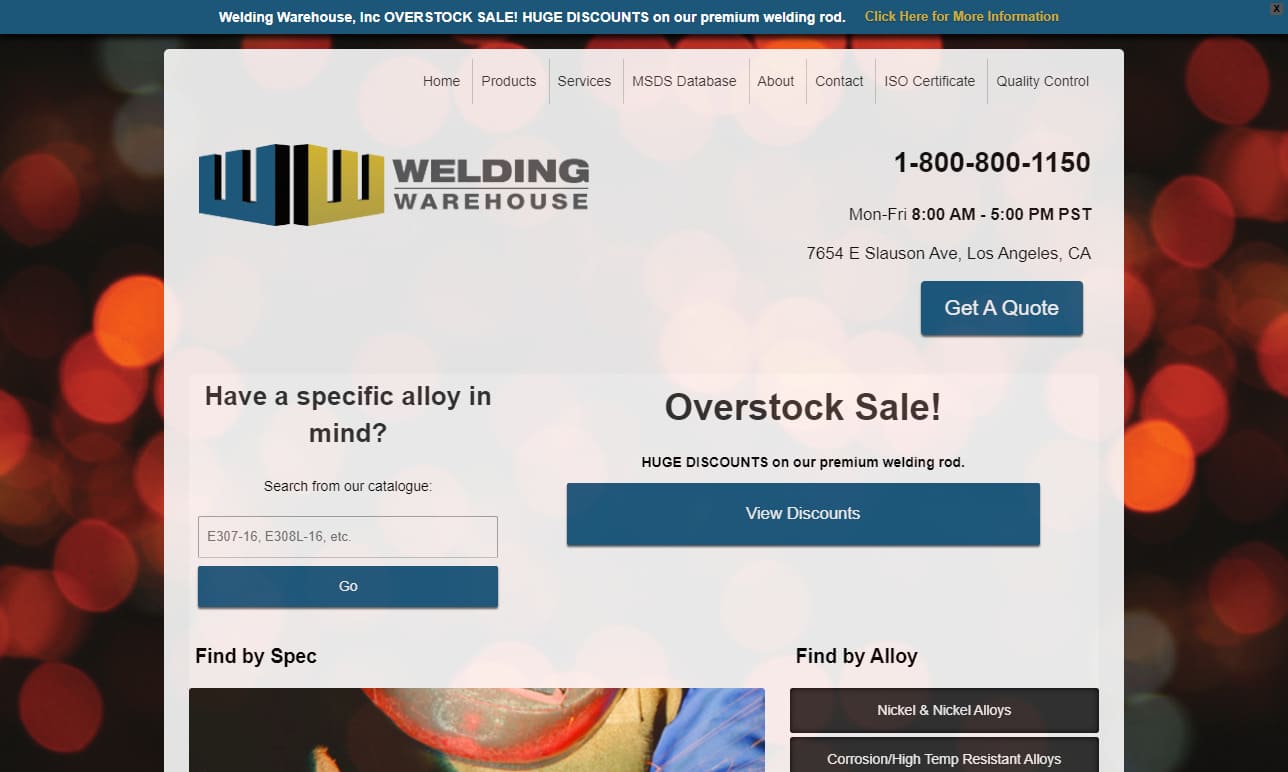
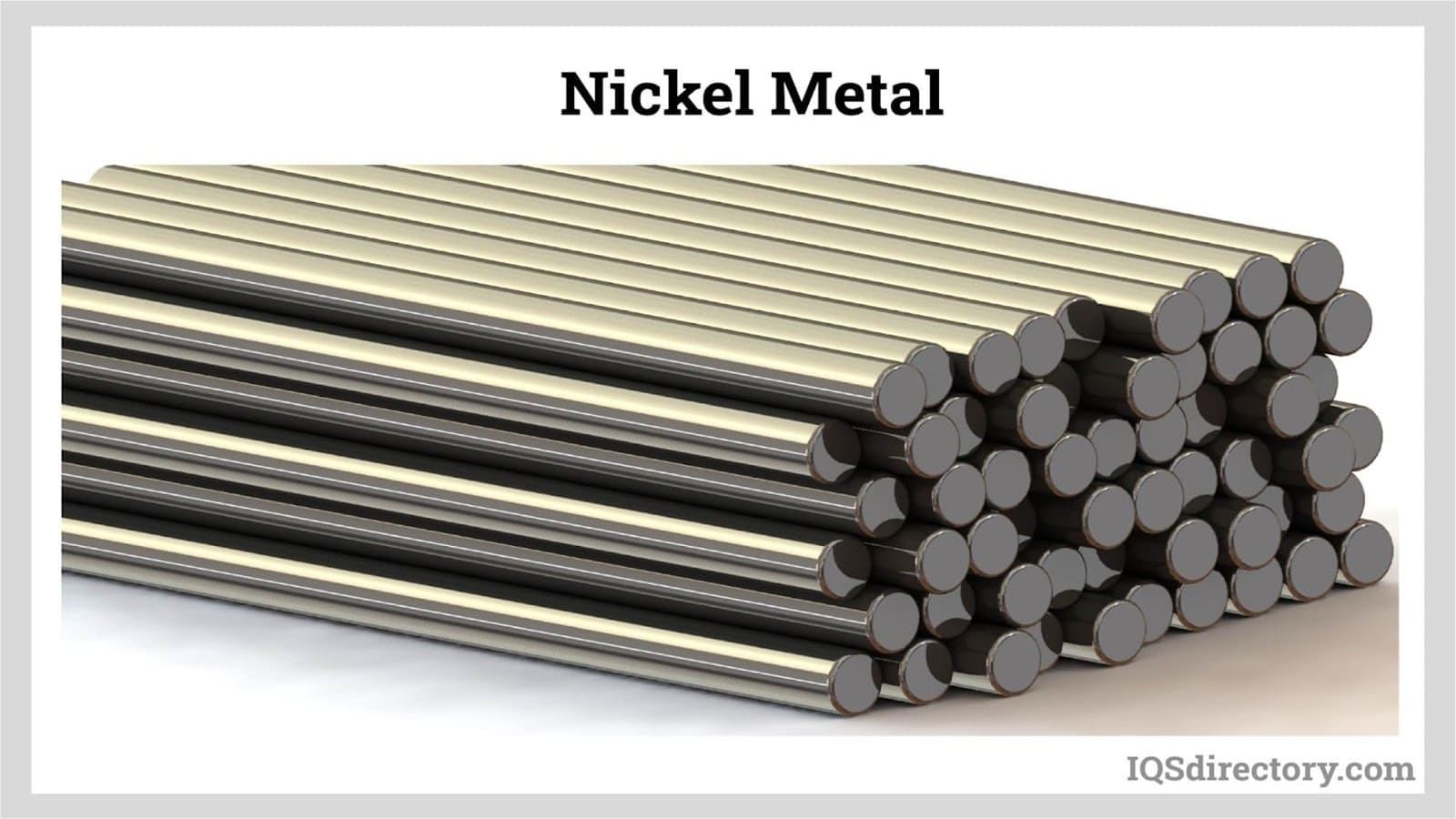
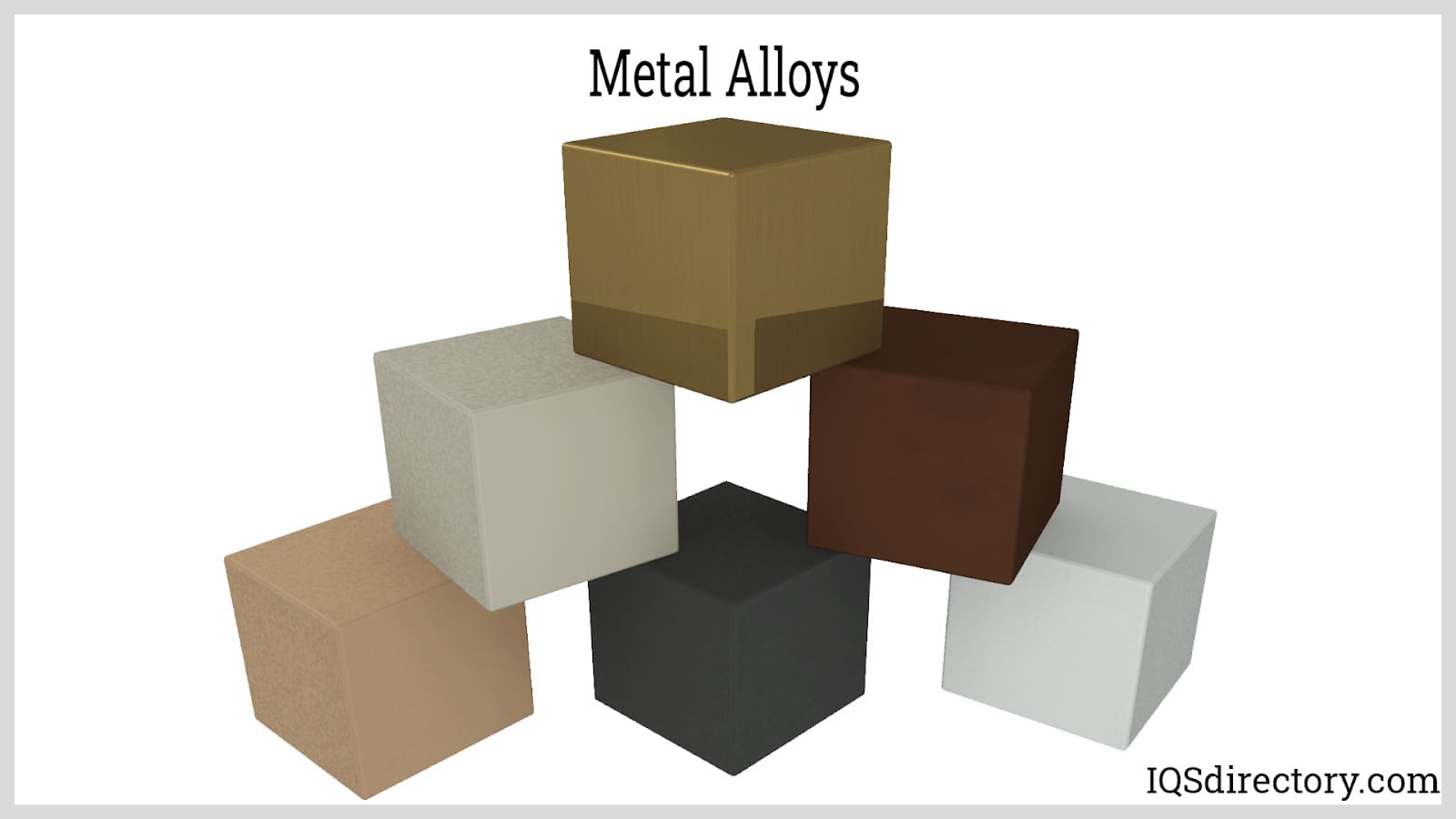
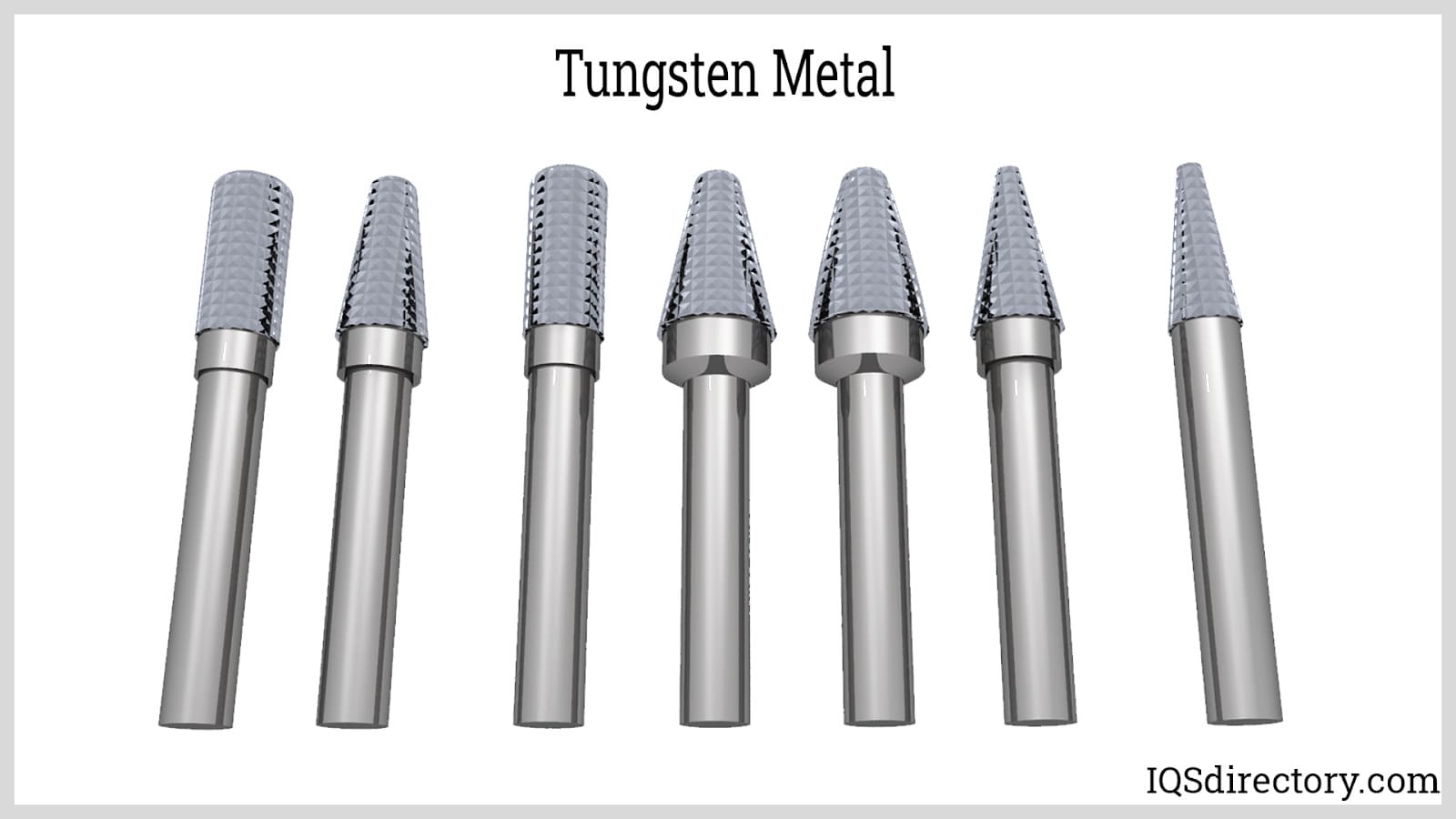



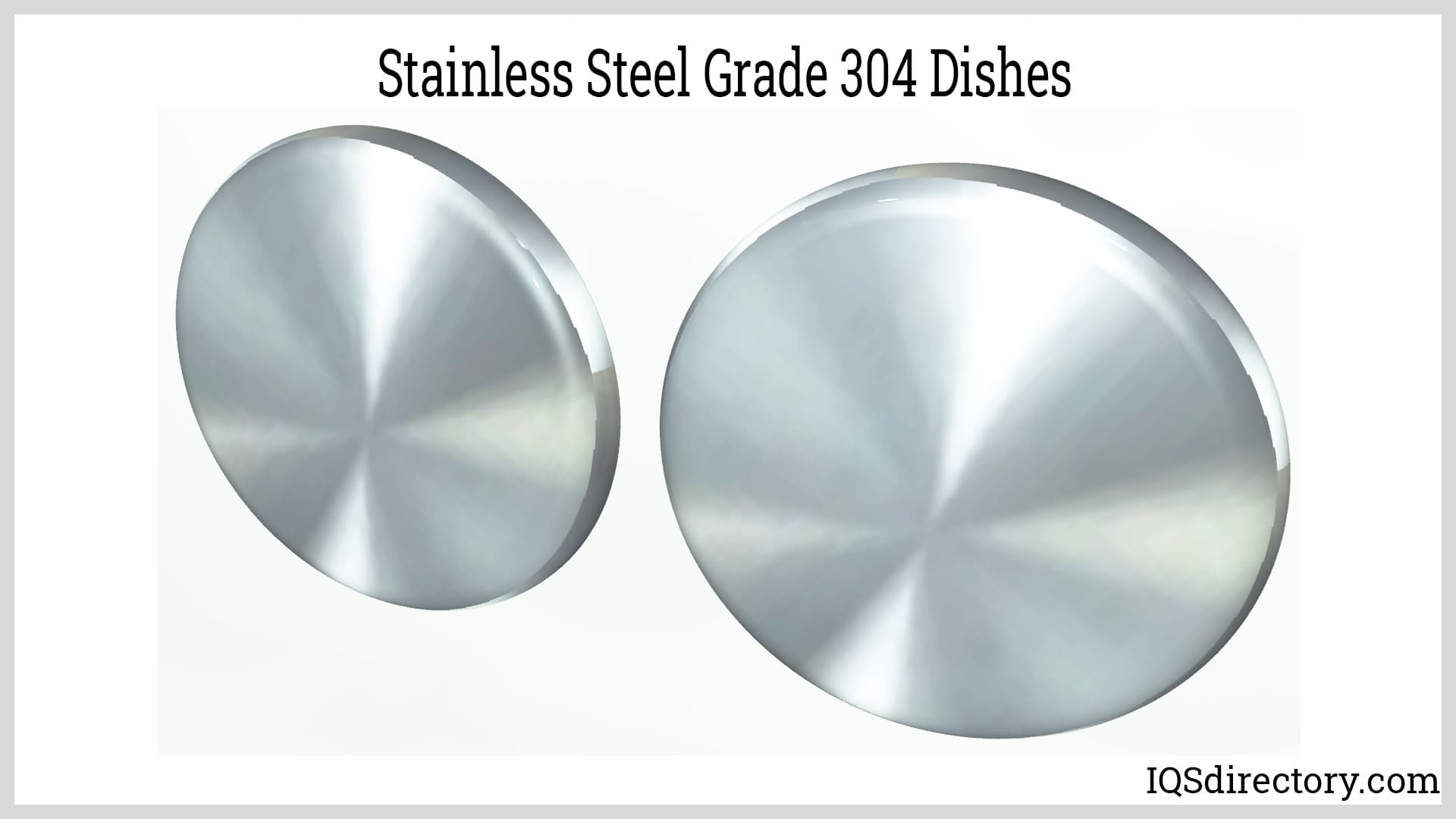


 Alloy Suppliers
Alloy Suppliers Aluminum
Aluminum Aluminum Extrusions
Aluminum Extrusions Copper-Brass-Bronze
Copper-Brass-Bronze Magnets
Magnets Nickel
Nickel Stainless Steel
Stainless Steel Stainless Steel Tubing
Stainless Steel Tubing Steel Service Centers
Steel Service Centers Titanium
Titanium Tungsten
Tungsten Wire Rope
Wire Rope Castings & Forgings
Castings & Forgings Bulk Material Handling
Bulk Material Handling Electrical & Electronic Components
Electrical & Electronic Components Flow Instrumentation
Flow Instrumentation Hardware
Hardware Material Handling Equipment
Material Handling Equipment Metal Cutting Services
Metal Cutting Services Metal Forming Services
Metal Forming Services Metal Suppliers
Metal Suppliers Motion Control Products
Motion Control Products Plant & Facility Equipment
Plant & Facility Equipment Plant & Facility Supplies
Plant & Facility Supplies Plastic Molding Processes
Plastic Molding Processes Pumps & Valves
Pumps & Valves Recycling Equipment
Recycling Equipment Rubber Products & Services
Rubber Products & Services